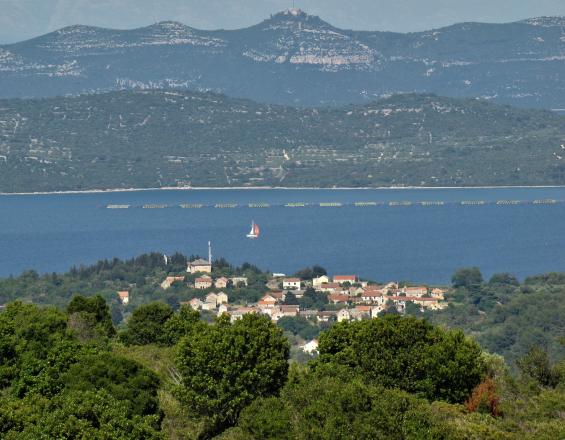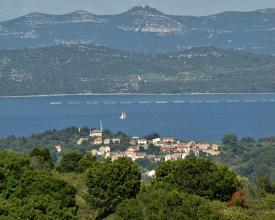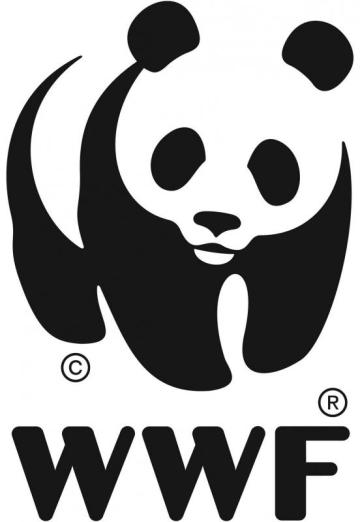Establishment of the first sustainable fishery study program in Croatia

Taking into account an increasing demand for aquatic products on local as well as the EU market, the fisheries sector has a very high potential for economic growth and increased employment.
In Croatia, there is a significant lack of expert staff able to continue with the development of fisheries on the principles of sustainability and a scientific and interdisciplinary approach. Precisely due to this need for new workforce on the labour market, capable of supporting the further development of the blue sector in Zadar County and Croatia in general, the project “Blue Education for Sustainable Management of Aquatic Resources – BLUE SMART” has been designed.
Through the project two main solutions were applied:
• The establishment of the graduate study programme on “Sustainable Management of Water Ecosystems”
• The design of a Training Course for the Vocational Education and Training in „Introduction to sustainable fisheries practice“
Impacts
The basic idea of the project is to educate future experts to reduce the impact of the blue sector on aquatic ecosystems, and to increase its sustainability.
Positive economic impacts envisioned are related to increasing employment opportunities for different target groups (students, the employed, the unemployed, etc.) in the blue economy sector, an increasein the availability of highly educated staff and the integration of educational institutions with companies, public administration and associations in order to provide adequate education. These enable the further development of aquaculture and positive impacts on economic growth at both county and country level.
Beyond the aquaculture sector, the recruitment of new staff for scientific and educational activities in the newly founded study programme will have a positive economic benefit locally.
Positive social impacts are related to the above. In addition, increasing the know-how and competencies related to sustainable management of water resources in protected areas, and integrated management of the coastal area and the Natura 2000 area. Further, there is an increased level of education for the local population








